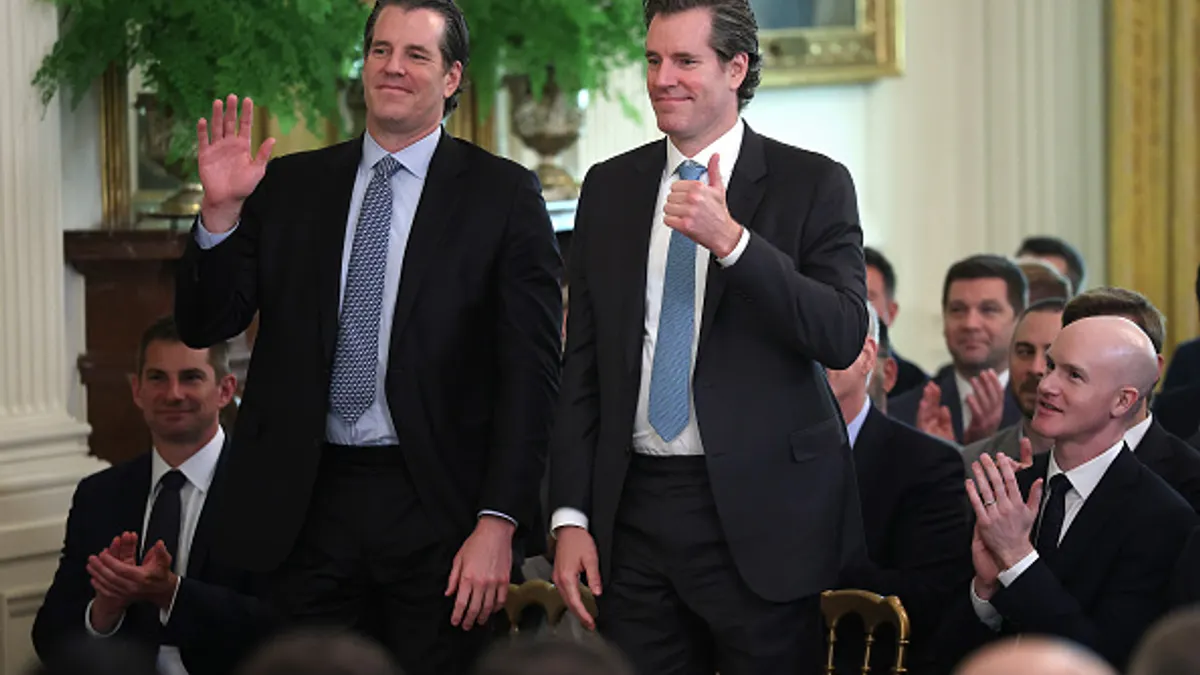The following is a contributed piece from Hardik Sheth, partner and associate director at Boston Consulting Group. Opinions expressed are author's own.
CFOs today have a much broader mandate than just being a numbers person, putting them at risk of trying to tackle too much too soon, simultaneously attacking a variety of improvement areas. This can stretch them too thin and create challenges in delivering value.
The broad mandate, with a forward-looking strategic role as well as a backward-looking reporting role, appears to be taking a toll on CFO tenures. Nearly 10% of CFOs at top companies leave their role within one year, and more than 50% leave within five years, according to an analysis by Boston Consulting Group, where I'm a partner.
Given these pressures, how can new CFOs lay the foundation for a successful and sustained tenure? Simply put, they should prioritize careful planning over speed of execution. This means using their first 90 days to get to know the finance function, establish a vision to guide improvement efforts, and develop a roadmap for realizing the vision.
1. Assess the finance function’s performance
New CFOs must develop an objective picture of the finance function’s strengths and weaknesses to inform their agenda for the remainder of the first year, and then measure its performance against that of its peers. BCG’s CFO Excellence Index, for example, assesses a finance function’s performance relative to that of its peers in its own industry and in others across nine areas.
This assessment helps to identify the challenges as well as sources of competitive advantage. By highlighting gaps between the finance function’s performance and that of its peers, some of which may rank in the top quartile, the analysis identifies potential improvement opportunities.
CFOs should also compare the finance function with its peers on the basis of head count and costs. This benchmarking can identify areas that are lagging in cost-effectiveness.
Analyzing the database for BCG’s CFO Excellence Index, we find that best-in-class finance functions’ total costs are consistently in the range of 0.3% to 1.0% of sales.
2. Define the CFO’s vision
To succeed in the first year and beyond, new CFOs must have a clear view of objectives and the kind of finance function they intend to build under their leadership. Developing a vision helps new CFOs think through the role that they want their finance function to have in the organization.
A vision should be not only aspirational but achievable over a clear time frame. It determines the scope of value the CFO wants to promote when the company is creating its strategy, as well as subsequently, across business and finance operations.
It also helps to establish the finance function’s ways of working, the level of delegation, collaboration models and the career paths for finance talent. It should also reflect the CFO’s aspiration for what kind of leader he or she wants to be.
Additionally, the vision should consider the key enablers the CFO intends to establish to ensure an effective and efficient finance function. These enablers could be digital tools, agile teams, gold-standard performance measures for specific roles, or a flatter organization structure.
3. Define priorities to achieve the strategy
New CFOs must decide on the finance function's top priorities, focusing on initiatives that will create the most value for the organization. These priorities form the basis of the vision for the future finance function and will have long-term impact that extends far beyond the first year.
As a first step toward defining priorities, a new CFO should work with other C-suite executives and the board of directors to agree on their expectations and the desired outcomes. Often, CFOs are brought on to achieve specific objectives—for example, modernizing the finance function, or introducing new ideas and ways of working.
The expectations and desired outcomes should be key considerations in setting the agenda for the finance function.
4. Lay the foundation for relationships
During the first 90 days, building good relationships is worth more than delivering value. CFOs need buy-in from other C-suite leaders and the board of directors to run their function successfully.
New CFOs must quickly demonstrate their understanding of the business and industry trends. Once CFOs establish credibility, they should work with the CEO and the board to align on the company’s overall strategy and co-develop a plan to tackle the objectives.
5. Craft a compelling story for investors
As a strategic leader and financial custodian, the CFO has a critical role in investor relations, which makes developing a strong understanding of the company’s investor profile and related expectations a priority in the first 90 days.
New CFOs must listen closely to investors to understand how they perceive the company, as well as to identify the key fundamentals driving performance. These insights will support efforts to communicate the company’s equity story, dividend strategy, and total societal impact to investors in an engaging and reassuring manner.
6. Develop a vision roadmap
To advance from the current state to the vision of the future finance function, the new CFO needs to define a roadmap for transformation. The roadmap should set out priorities for the first year of the transformation, as well as the subsequent two to four years. Collaborating with the finance leadership team to develop the roadmap will ensure buy-in and make implementing it a team sport.
Each initiative in the roadmap should be linked to a value target, and CFOs must continuously monitor the value delivery across the planned timeline. The roadmap must also include several initiatives that are quick wins to demonstrate value and positive impact in the first year. It is critical to choose the right finance talent to implement these initiatives.
Today’s CFOs are strategists and value creators in their own right, with broad mandates and continuous responsibilities to drive strong performance. Given the scope of the role, new CFOs’ agendas should be shaped by their organization’s strategic priorities and financial performance. The first 90 days of their tenure provide a unique opportunity to gain this knowledge, and apply it to set a vision for the future.





















